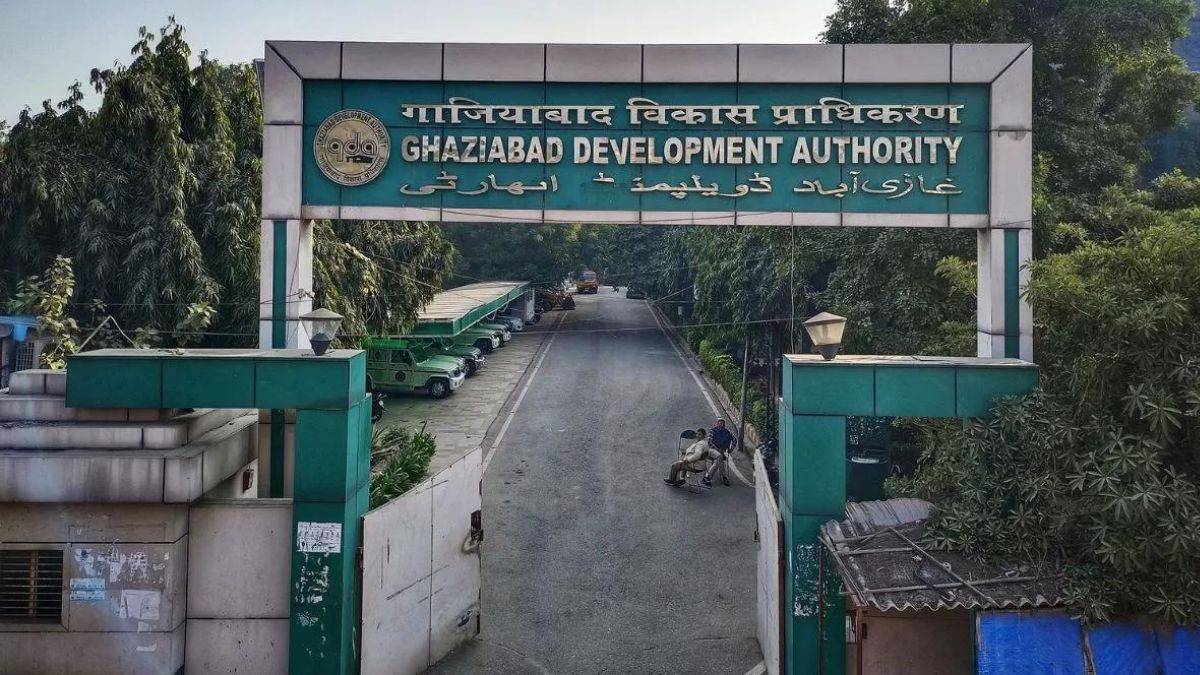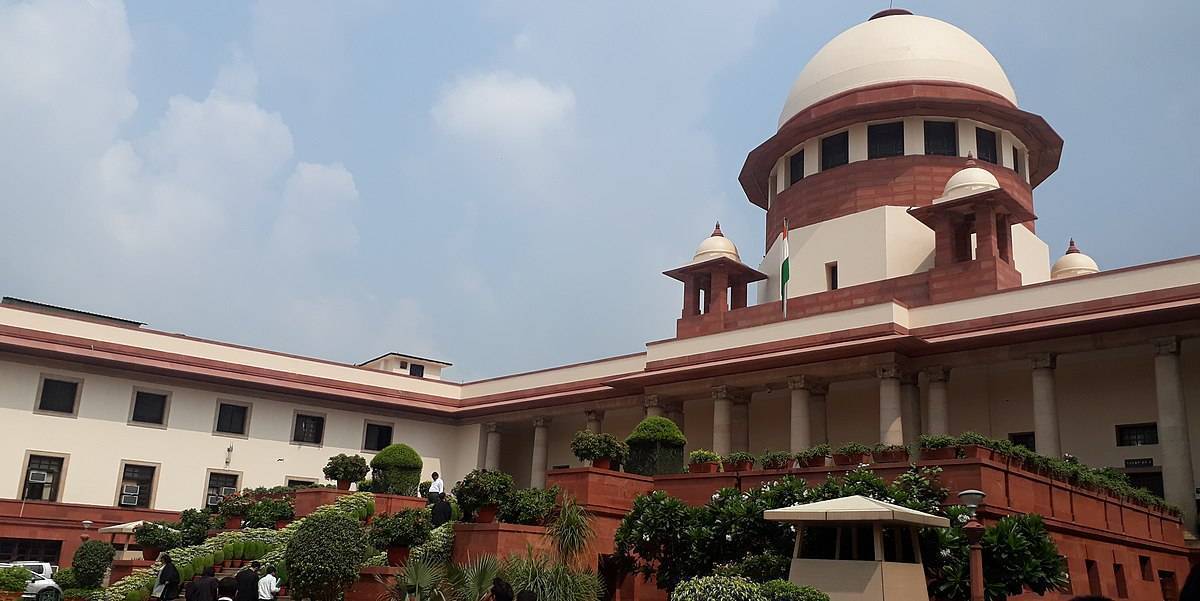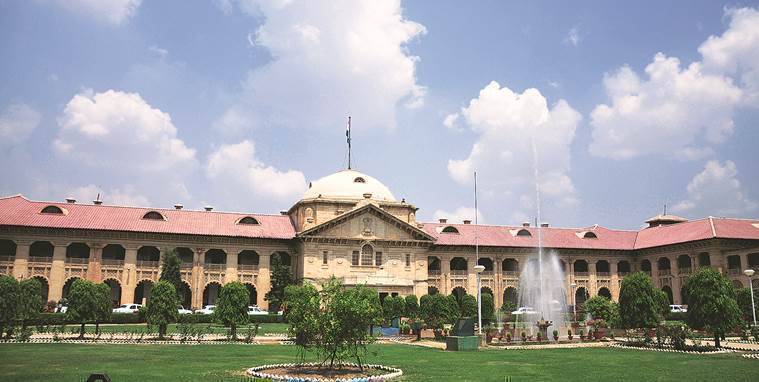The Telangana Real Estate Regulatory Authority (TGRERA) has taken strict action against two Hyderabad-based developers, Suvarnabhoomi Infra Developers Pvt. Ltd. and Maha Infra and Developers, for failing to complete essential infrastructure in their joint project, Silpa’s Suvarna Sampada 2, located in Patancheru, Sangareddy district. The Authority directed both firms to finish the development in full accordance with the approved plans within 60 days of the order.
The Core Issue
The project, registered with TGRERA in 2019, remained incomplete years after its approval period expired in 2021. Essential infrastructure—including roads, drainage, street lighting, and water pipelines—was missing. Additionally, plots mortgaged to the Hyderabad Metropolitan Development Authority (HMDA) were illegally sold. The complainant alleged that despite these issues, Suvarnabhoomi had engaged prominent film actors for promotional campaigns, misrepresenting the state of the project and creating a false impression of readiness.
Undisclosed Agreements and Misrepresentation
TGRERA found that the developers had entered into undisclosed Memorandums of Understanding (MOUs) and side agreements that transferred marketing and sale rights to third parties without informing the Authority or homebuyers. These arrangements allowed one company to register the project while another promoted and sold it under a different brand, undermining transparency.
The Authority stated, “Such dual presentation, without clear disclosure of the respective roles and extent of transfer, amounts to misrepresentation and undermines the intent of Sections 4 and 11(2) of the Real Estate (Regulation and Development) Act, 2016.” It emphasized that internal agreements cannot override obligations to homebuyers.
The TGRERA order noted that the developers had entered into undisclosed Memorandums of Understanding (MOUs) and side agreements transferring marketing and sales rights to third parties without informing the Authority or homebuyers. The Authority issued a stern warning to Maha Infra and Developers for such undisclosed arrangements, stating that these practices impact the transparency regime envisaged under the Real Estate (Regulation and Development) Act, 2016.
These arrangements allowed one entity to register the project while another handled promotions and sales under a different brand name, thereby undermining transparency and misleading purchasers. The order clarified that promoters cannot, through private arrangements, shift the burden of meeting statutory obligations onto buyers or third parties without full disclosure at the time of registration and in public records.
After reviewing submissions from both sides, TGRERA ruled that both the developer and the marketing company qualify as “promoters” under the Real Estate (Regulation and Development) Act, 2016, and cannot escape responsibility by blaming each other. “The developer and the seller may be different persons, but both are deemed to be promoters and jointly liable for compliance,” the order stated. The Authority emphasized that internal agreements between parties cannot override their obligations to homebuyers and warned that any repetition of undisclosed MOUs or side agreements would lead to the firms being declared defaulters.
TGRERA further directed that both promoters, Respondent No.1 (Suvarnabhoomi Infra Developers) and Respondent No.2 (Maha Infra and Developers), are jointly and severally liable to complete the project strictly according to the approved plan. Suvarnabhoomi Infra Developers must ensure that all specifications and facilities promised under the registered Agreement for Sale are provided within the stipulated timeframe, while Maha Infra and Developers, having participated in the sale and promotion process, cannot escape corresponding liability and must fully cooperate to ensure compliance.
The Authority also instructed its secretary to verify whether the previous penalties of ₹5.97 lakh imposed on the same developers had been complied with and stated that fresh proceedings under Section 63 of the Act would be initiated if violations persist.









.png)